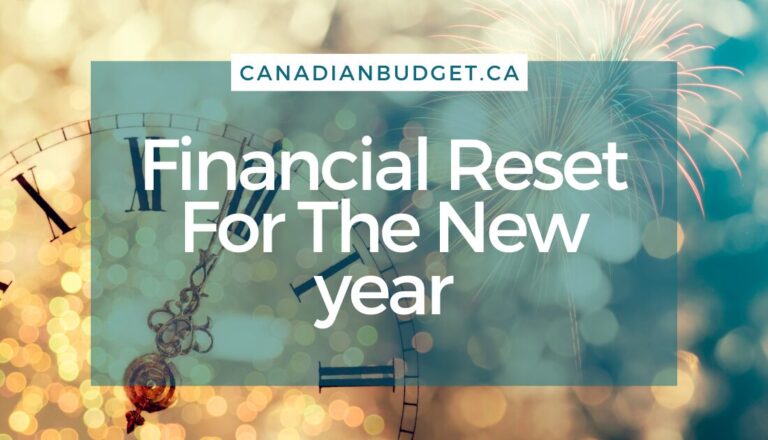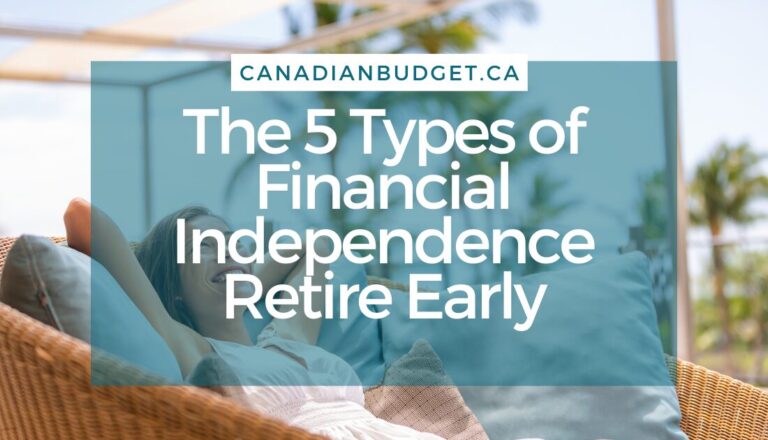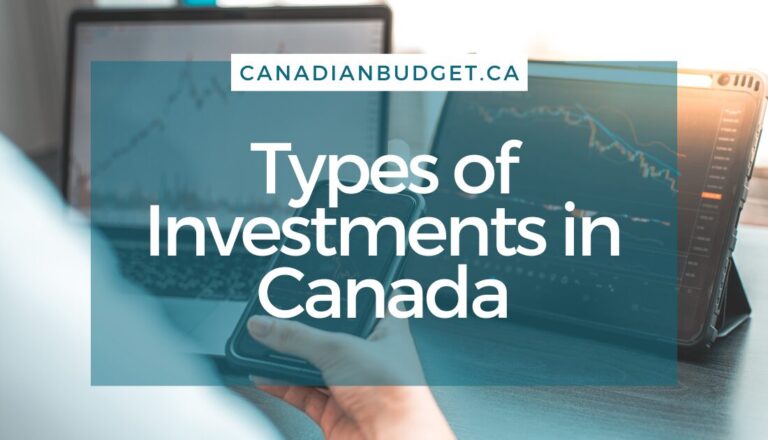As a couple gets more serious, they need to decide how they will manage their money as a couple. Key triggers for this step are normally moving in together or getting married. There are three general styles on how couples can manage their money as a pair. No matter what method you choose, you want to ensure you have a strong budget to work from.
The three methods to manage money as a couple
Table of Contents
ToggleWorking with a partner in managing money can be a challenge for someone who has only ever dealt with their own finances, but it is doable! Let’s go over three ways to manage your money as a couple; then you can choose the method that works best for you!
- Separate
- Joint
- Combined
Managing Money Separately
This is exactly as it sounds. Each partner maintains their own accounts for checking, savings, investments, credit cards. Any joint bills – such as living expenses – are paid by one of the two partners. The other transfers their share of the bill to the paying partner. Alternatively, some bills can be assigned to one partner, and some to the other so shared costs balance out between them. No joint accounts are set up in this method, so each partner maintains their own financial independence and management of accounts.
Managing Money As A Couple Jointly
When it comes to managing money as a couple, managing things jointly makes sense for a lot of couples, especially for married couples with families. The assumption is that there is no “my money” and “your money”, therefore all money is pooled into a joint account and becomes family money. Couples who are fully joint may also share a credit card as well. This may work well for military families, where one member is constantly deployed, or for families where one person handles all the financials for the whole family.
Even in a fully joint arrangement, each partner can still have their own retirement (RRSP) and Tax Free Savings Accounts (TFSA).
Managing Money Combined
Personally, my husband and I use the combination approach. We each have our own chequing accounts that our paychecks are deposited into. We each have a few individual High-Interest Savings Accounts (HISA) for short-term savings goals.
In this method, we maintain our own RRSP and TFSA Investment Accounts where we are mostly invested in ETF’s and index funds. If you are not investing yet, here are 5 reasons you should be investing as a Canadian woman.
HISA’s are used for our joint savings, which we use for the following:
- Emergency Fund
- Maternity Leave Savings
- Vacation savings
- House repair & upgrades fund
Joint investing
Saving for our daughter’s future is really important for us, so we created a joint investment account for her future education. An RESP – or Registered Education Savings Plan, allows parents and family members to invest and save for their children’s college/university education from Birth. We use Wealthsimple Invest as the RESP provider, you can get your first 10k Managed for free at Wealthsimple by using this link.
This works well for us as we can jointly contribute to our shared and family goals, while still having ownership and independence of our accounts.
We don’t have any debts other than our mortgage, so we are more focused on saving and investing. If you have consumer debt, consider using the Debt Avalanche method to pay off your debt faster!
If you are looking for a great Canadian High-Interest savings account, check out EQ Bank, and get one of the highest everyday interest rates on your savings by opening your account here.
The three ways to manage money as a couple
Of these three, we chose the combined method. Here are the ways we make this method work for us:
- Make sure we have an annual budget set to align our spending and expenses
- Set out our savings goals in advance by writing out a financial goal plan for the next few years to tackle short, medium, and long-term goals and ensure they are within the budget.
- Have a finance date once a month to update our joint net worth and make sure our plans are on track and deposits are being made.
- Check in with each other if we want to make any large purchases.
- Have full transparency on what we make, what we save, and what we owe. There are no secrets in our finances.
Would love to know what method you use to manage money as a couple and how it works for you and your partner! Comment below!
Find more posts like this in the Finance & Investing section of our blog!
More on the blog...

Why Wealthsimple Could Be the…
Wealthsimple Banking Review 2025: Best No-Fee Bank in Canada
Read More
Financial Reset For The New…
How to Do a Financial Reset for the New YearAs the new year begins, it's the perfect time to take...
Read More
The 5 Types of Financial…
Starting your journey towards Financial Independence Retire Early (FI/RE) in Canada opens up possibilities for those eager to take control...
Read More
In a Public Sector role?…
Public sector roles, including those in schools and hospitals, make up approximately 21% of employment in Canada. That includes teachers...
Read More
8 Canadian Investment Accounts To…
If you are new to investing, you might be wondering what the Canadian investment accounts are available, and which is...
Read More
What Are Canadian Real Estate…
Canadian Real Estate Investment Trusts: What They Are and Should You Invest? Canadians have heard owning property was the path...
Read More
6 Ways Fixing Credit Scores…
Struggling with debt can significantly impact your financial well-being, especially if your credit score suffers. Fixing credit scores is important...
Read More
The Paying Yourself First Method
Taking control of your financial future starts with a simple yet powerful concept: paying yourself first. Shifting your money mindset...
Read More
How to Calculate Retirement Savings…
When is a good time to calculate retirement savings needs? When retirement may be decades away it’s hard to think...
Read More
Different types of investments
There is a lot to understand about the different types of investments available in Canada. From the traditional options of...
Read MoreAbout The Author
Jessica Morgan
Jessica Morgan is the founder and CEO of Canadianbudget.ca. She is passionate about personal finance and helping Canadians improve their financial literacy by providing more Canadian focused financial content. A millennial mom of one, she has a burning obsession with all things personal finance.
Jessica has a BA in East Asian Studies from York University and a Masters in Business Administration from Toronto Metropolitan University. She is a career public sector employee with a Hybrid Pension, and an advocate for Canadian women to improve their personal finance knowledge.
Jessica Morgan
Jessica Morgan is the founder and CEO of Canadianbudget.ca. She is passionate about personal finance and helping Canadians improve their financial literacy by providing more Canadian focused financial content. A millennial mom of one, she has a burning obsession with all things personal finance.
Jessica has a BA in East Asian Studies from York University and a Masters in Business Administration from Toronto Metropolitan University. She is a career public sector employee with a Hybrid Pension, and an advocate for Canadian women to improve their personal finance knowledge.


